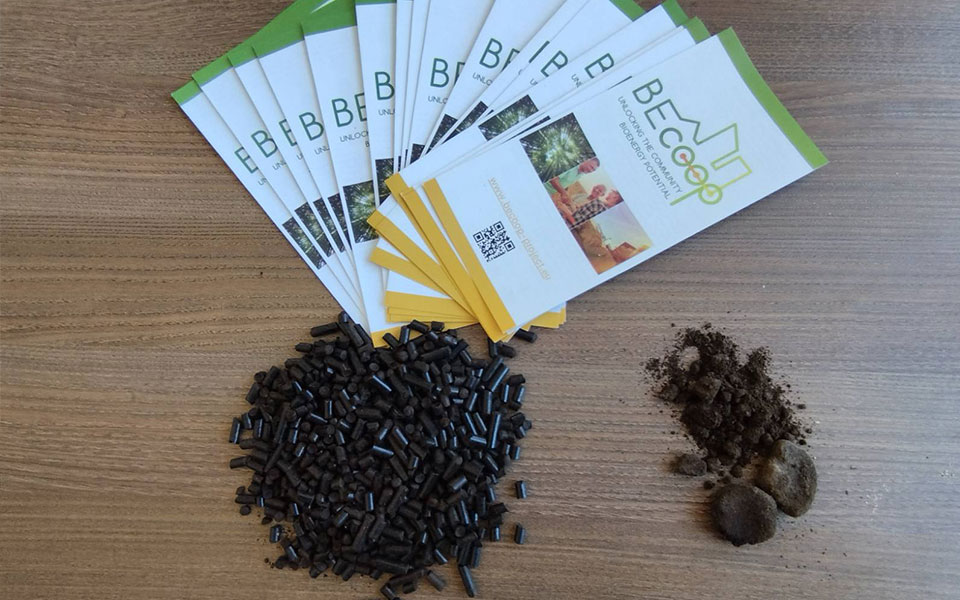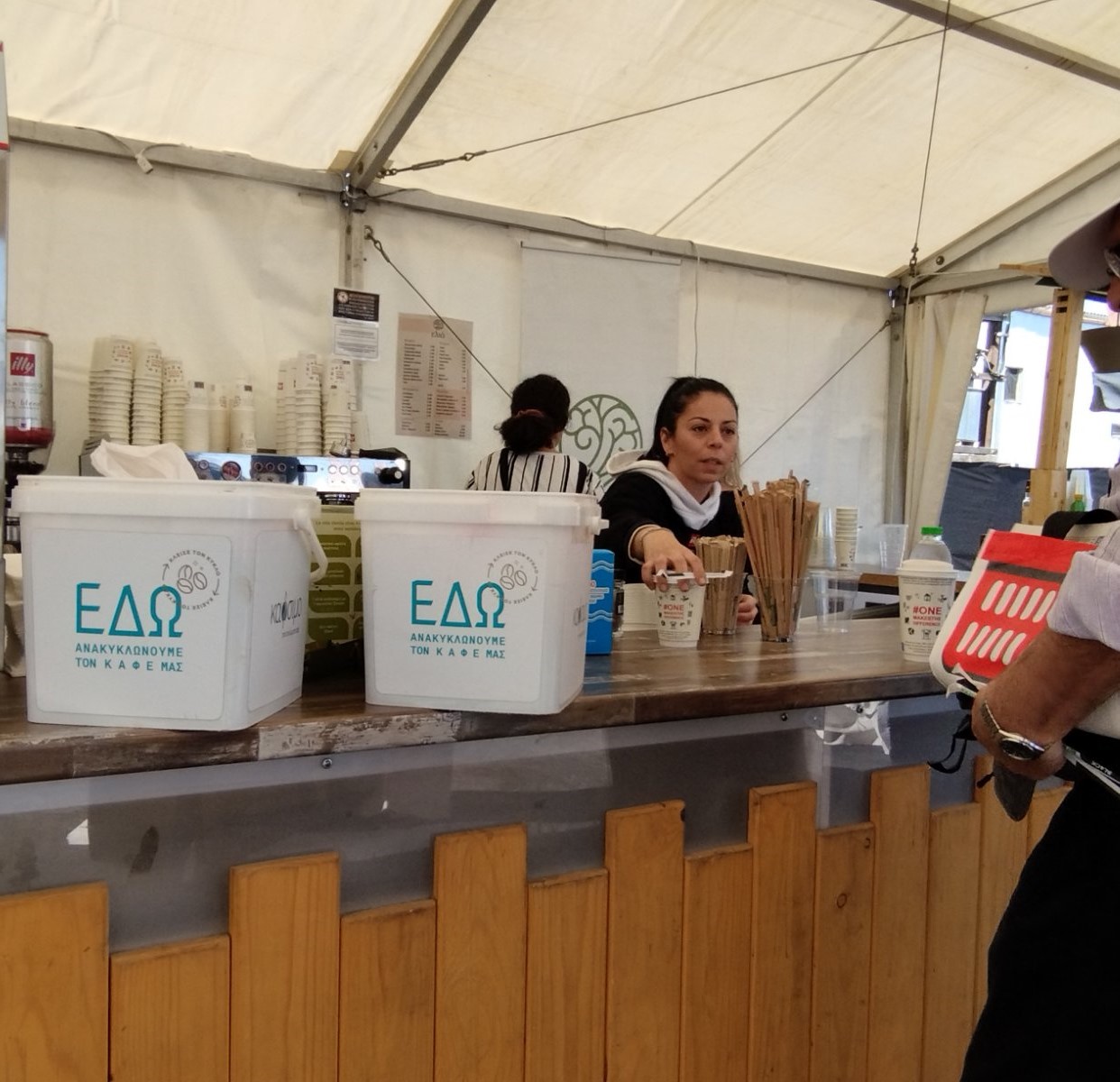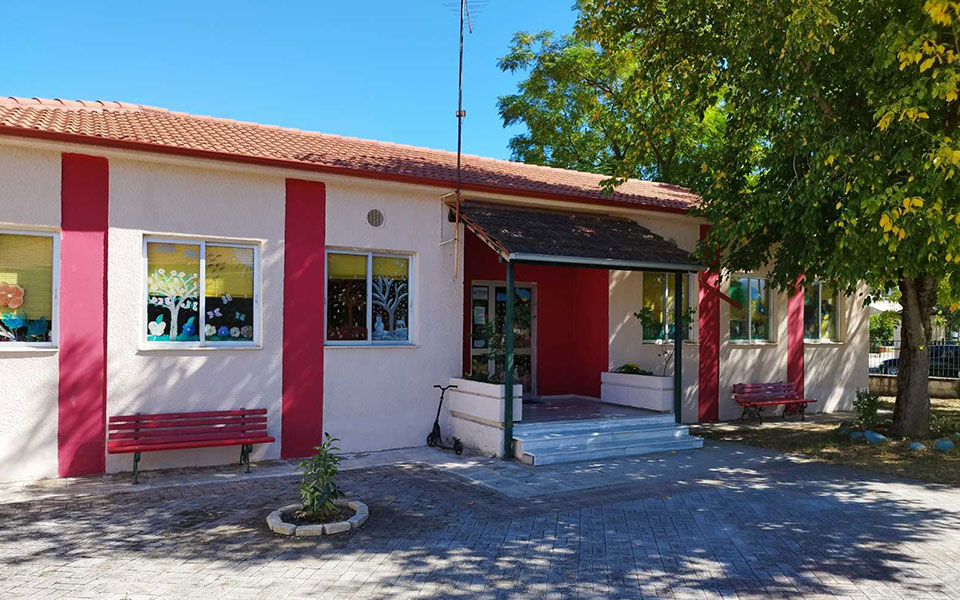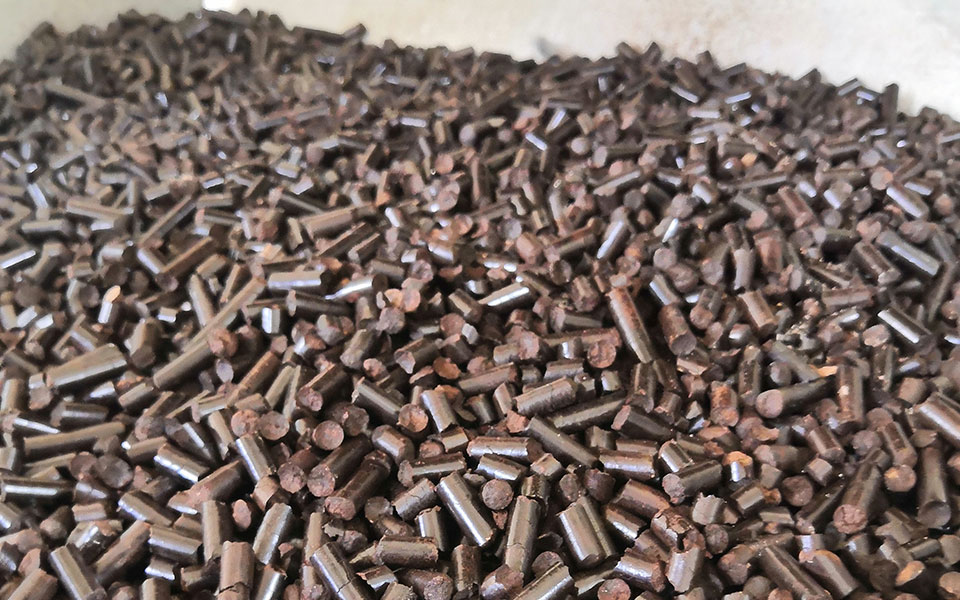
This is one of those news that lifts spirits and at the same time inspires optimism for the future. The reason for the first attempt in Greece to heat a school in an economically and environmentally friendly way. The initiative belongs to the Energy Cooperative Company Karditsa, which came up with the idea to turn coffee residue (provided by coffee shops in the area) into pellets, a well-known biofuel that does not burden the environment. Environment.
Coffee ground pellet idea
The idea did not come by chance. Energy Cooperative Company of KarditsaESEC), was founded in 2010 by local residents who sought to use local resources to produce energy (thermal and electrical). Now the company employs almost 400 people. members – from citizens and SMEs to 6 municipalities of the prefecture.
After all, we are talking about an area of Thessaly with increased agricultural activity and at the same time with great potential for the creation of residual biomass. by using agricultural, forestry and urban sectors. In 2017 ESEC established a division for the processing and standardization of residual biomass, thereby meeting the energy needs – for heating – of its members.

In the past year, the interest of the residents of Karditsi to participate in this “energy community” (as its founders call it) has grown rapidly. This year, the conversation turned to how the city’s most energy-intensive buildings can be helped immediately. “The concern began with the fact that the region often schools are located in large and old complexes, and the number of students is decreasing or there are already few– explains “K” the vice-mayor of the municipality of Karditsa, Stefanos Theology Tohe adds that in these cases heating they are especially costly.

According to Mr. Theologis, this issue was discussed in the municipal council, where the schools facing the biggest problem were proposed. “As a result, we are left with two units that we need to finance every winter. additionally, since at least 70% of their operating costs are spent on heating,” he explains, and continues: “We are starting work with a kindergarten in califonihistorical village, 10 km In the country. There are 14 pupils in the kindergarten.

ESEK installed (free of charge) a special boiler for burning pellets duringhow explains the vice-mayor, during the Christmas season, a study will be carried out for the first evaluation of the project. “If it seems effective in practice, after the holidays, all 30 will warm up like that primary school students next to the kindergarten, and from the upcoming school year we will expand it to other schools, as well as to utilities.”
An initiative that involves the entire city
OUR Vasilis Philipou, a member of the board of directors of ESEK, is nevertheless confident that the bet will be won. “Over the past year, we have been looking for new forms of biomass to integrate into the production system. And so, we also thought about coffee. It appeared as a result of the processing of the remains that the shopkeepers give us. new type of pellets: coffee pellets. Its properties have already been studied at the National Center for Research and Technological Development.”

O TO. Philippe adds that coffee the pellets are sometimes only used for coffee, while other times the residue is mixed with various forms of biomass, such as materials from pruning carried out by the municipality each year. As he explains: “We already know how in Karditsa we can collect 600 tons of residual coffee per year. And the processing plant that we have is producing 1200 tons of pellets per year.“.
Please note that the amount required coffee granules the entire school has already been provided with heating this year. “Let’s think it’s a good route – the remains of the municipality itself, to return to it as an end product, warming our children with renewable heating,” concludes TO. Philip.
Source: Kathimerini
James Springer is a renowned author and opinion writer, known for his bold and thought-provoking articles on a wide range of topics. He currently works as a writer at 247 news reel, where he uses his unique voice and sharp wit to offer fresh perspectives on current events. His articles are widely read and shared and has earned him a reputation as a talented and insightful writer.